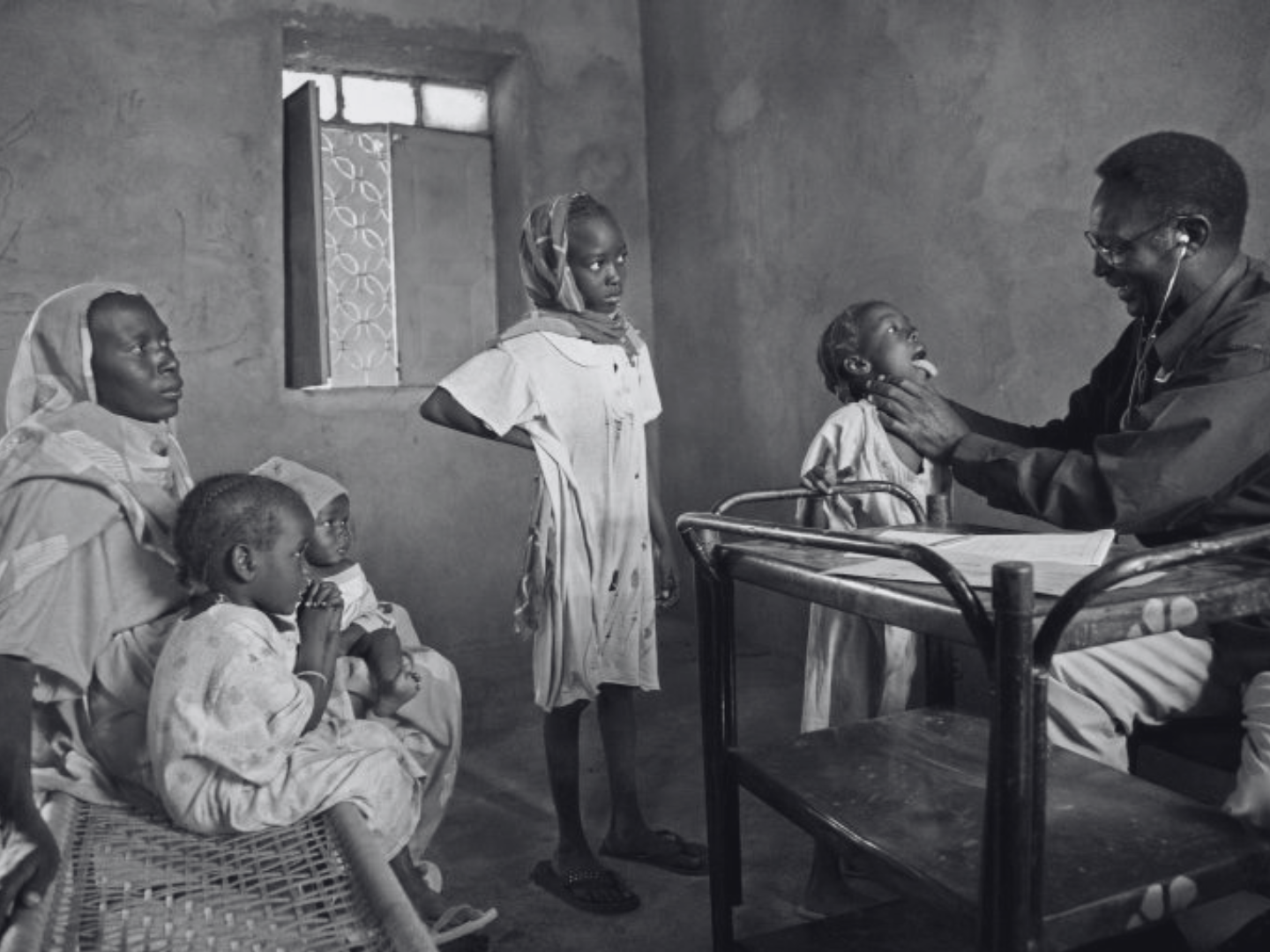
The Empty Chalkboard: How a Teacher Shortage Crisis is Shaping East Africa’s Future
Imagine a single teacher standing before a classroom not of 25, or even 40, but of nearly 60 young, eager faces. This is not an anomaly but a stark reality in many East African classrooms today, where the promise of education is being stretched to its breaking point.

A Fragile Victory: How New Threats and Old Inequalities Jeopardise Africa's Progress towards HIV Control
In 2024, the global fight against HIV reached a pivotal moment. According to UNAIDS, the world saw an estimated 1.3 million new infections. The epicentre of the pandemic, however, remains Eastern and Southern Africa which accounted for 490,000 of these cases.

Talent in Transit: The Double-Edged Sword of East Africa's Skilled Migration and Diaspora Potential
East Africa’s most valuable export is not its coffee, tea, or gold, but the best and brightest of its young and talented minds. Like many regions in the Global South, East Africa is faced with the brain drain phenomena – an occurrence where highly skilled and educated workers, such as doctors, teachers, engineers, and scientists migrate from their country of origin to other countries. This is largely seen with highly skilled workers migrating from the Global South to the Global North.

Unpacking the Demographic Dividend: Unlocking East Africa’s Potential Through Healthcare and Education
East Africa stands at a pivotal moment in its development trajectory, with its youthful population presenting both a challenge and an unprecedented opportunity to unlock a demographic dividend.

Hidden in Plain Sight: East Africa’s Battle Against Non-Communicable Diseases
Non-communicable diseases (NCDs) – the chronic health conditions resulting from complex interactions between genetic predisposition, physiological factors, environmental exposures, and behavioral patterns – have emerged as the most pressing public health challenge of the 21st century. While they account for a staggering 71% of all global deaths annually (approximately 41 million lives lost), nowhere is this crisis more acute than in Sub-Saharan Africa, where NCDs are advancing at an alarming rate.

Mwalimu for Hire: The Rise of Private Tutoring in East Africa
Education in East Africa remains a global concern, especially following the COVID-19 pandemic which exacerbated existing challenges, as evidenced by World Bank Group projections that about 66 million children, adolescents, and youth in Sub-Saharan Africa will be out of school by 2030. This alarming statistic underscores the urgent need for comprehensive educational reforms across the region.




















